Pleasant & Comfortable Window
Is lowering the heat loss of materials first? Is it first to catch the leaking wind through a gap?
Which is the easiest way to keep our energy?
What are the criteria for window selection to complete our pleasant and comfortable home?
Heat loss through the window consists largely of two paths.
Insulation
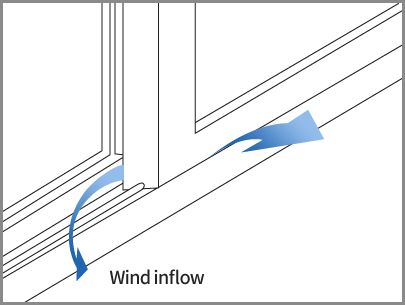
Outdoor air inflow by window gap
Air-tightness
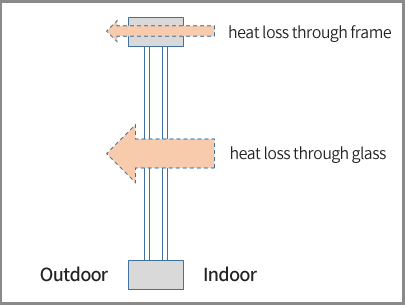
Heat loss by glass and frame
The first is the inflow of air through the window gap. It is also the cause of severe winter winds and also the inflow of fine dust, noise, and insects.
Complete blocking of external harmful substances such as fine dust
Closed frame completely blocks yellow dust, fine dust, external noise and harmful insects
Securing air-tightness "0" (Other company products: 0.5 to 0.9)





The second is the heat loss through glass and window frames. It is also the cause of condensation on glass and frames in winter.
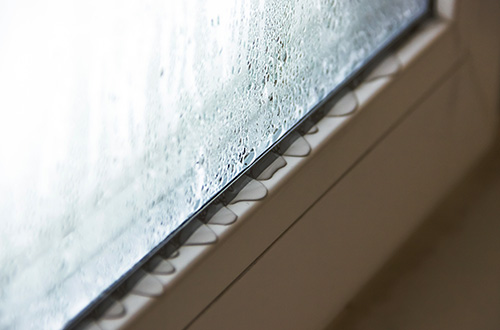
Of course, it is the best way to improve the air-tight performance by removing gap in windows and
to increase the insulation performance of glass and frame together.
But if you had to choose only one of the two performance choices, what would you choose first?
Insulation VS Air-tightness
If you think about the health of people living in indoor spaces first, you should consider air-tightness rather than insulation.
This is because attacks such as fine dust and pollution can be a fatal problem, especially for children, the elderly and respiratory patients.
And if there's no big difference in insulation, or if it's equivalent, of course, it's reasonable to choose a window with better air-tightness.
Which material is better to fill a gap?
Secrets of air-tightness '0' (Sliding window at open, System window at closed)
Continuity and pressurization structure of rubber gasket
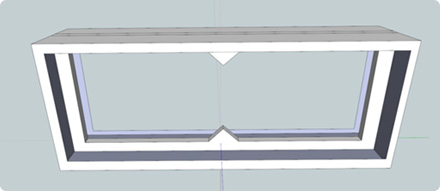
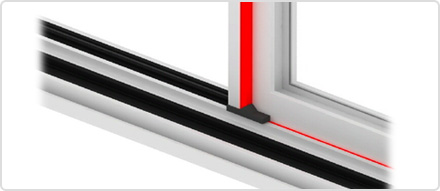
< It is a pressed rubber gasket that can minimize free play by replacing the existing brush-shaped gasket >
Realize air-tightness “0”

< A shield plate is installed at the overlapping part of the door to prevent air flow >
Realize air-tightness “0”
Homepack is a highly dense, misty-type system window developed believing
in your wise and reasonable choice.

